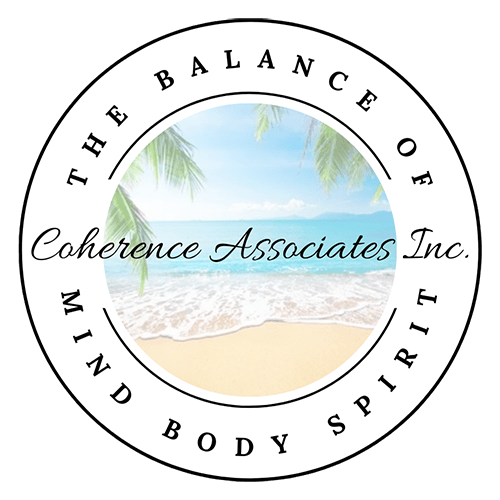So I Was Abused as a Child. What Does that Have to Do With Me Now?
Adverse Childhood Experiences
From 1995 to 1997, Kaiser Permanente conducted a major study involving 17,000 people, focusing on their childhood experiences, and published the results in the article, “Relationship of Childhood Abuse and Household Dysfunction to Many of the Leading Causes of Death in Adults” in 1998. Up until then, these two ideas had not been put together in such a way, meaning that adverse childhood experiences (ACEs) were connected to negative outcomes of well-being in adulthood.
Furthermore, the study was able to clarify why, the more adverse experiences a person went through, the more likely they were to experience disrupted neurodevelopment, as well as social, emotional, and cognitive impairment, which lead to adopting unhealthy behaviors, which lead to more disease, disability, and social problems, which ultimately lead to higher rates of early death. Simply put, the more stresses a child endured in their youth, the higher the likelihood of negative outcomes on long-term health and well-being.
Interestingly, adverse childhood experiences (ACE’s), were found to be common, about 2/3 of the participants reported at least one. However, as the number of ACEs a person experienced increases, so does the risk for things such as alcoholism, depression, drug use, financial stress, domestic violence, health problems, smoking, unintended pregnancies, and others. Some examples of adverse experiences include, but are not limited to: living with an alcoholic relative or someone who used drugs, living in a home with domestic violence, been spanked and beaten by a family member, not having enough food, not feeling as though someone was protecting you, being insulted or hurt by family members either emotionally or physically, having to wear dirty clothes, not feeling loved, or being molested or raped.
Post-Traumatic Growth
Negative outcomes in well-being are not guaranteed, and I’m sure some of you out there are saying to yourself, “Sure, messed up stuff happened to me when I was young, but I’m fine! “ And maybe you are. There is such a thing as post-traumatic growth, the idea that by going through tough stuff. we become tougher and build inner resiliency. That is real too, and can co-exist with current problems. How though, can we deny the research findings of the relationship between shorter life expectancy, and cumulative childhood stress?
These findings can help people understand why they might choose unhealthy coping mechanisms, even though they know better, or why it might be so hard to maintain body health, or why so many people they loved have hurt them. I’m speaking to those folks who ask themselves, “What is wrong with me?” Well, what this study found is that it’s not about what’s wrong with you, it’s about what happened to you. Perhaps that can provide some space from those behaviors that are less than ideal, or those health problems that bubble up, and then to realize that it’s just not that easy for some people, and it’s not necessarily their fault. Sure, most of us wanted the picket fence and June Cleaver awaiting our return from school with cookies and milk, but not everyone got that (2/3’s of people for that matter).
You’re Not Alone
In light of this information, what should you do if you were abused or neglected as a child, either mentally, physically, or emotionally? First off, know that you are not alone, and those current behaviors that you are not so proud of, didn’t come from nowhere. They came from somewhere, from something, that was too much for your little system to handle. All that stress did a number on your body and mind, and you did the best you could to get through.
Perhaps, now that the danger has passed, you’ve held on to outdated coping strategies. Perhaps now, you are ready to get some guidance, to assist you in examining your life, and separating out the parts that are yours to manage and change, and the parts that were influenced by the adults in your childhood, and that you can allow your current system (your inner super computer) to let go of. A therapist can help. EMDR therapy can help. You can get the help you need, and deserve, to ward off those negative outcomes that compromise your well-being, and be better able to cultivate a life of health and happiness no matter what your background entailed.
For more information about the ACE study, go to www.cdc.gov. To speak with an EMDR therapist, call (760) 942–8663 or email us at info@coherenceassociates.com.
Coherence Associates Inc.

